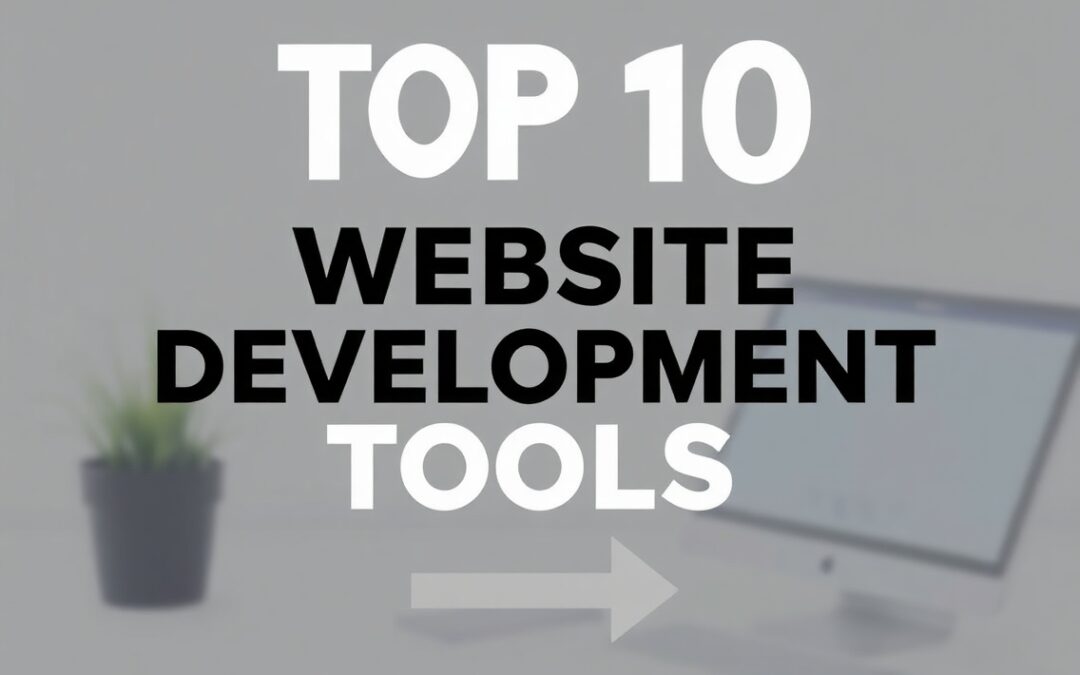The e-commerce industry is growing at an unprecedented pace, and a well-built website is at the core of any successful online business. Whether you’re starting a small store or scaling an established enterprise, using the right tools can streamline the development process, improve functionality, and enhance the customer experience. Here’s a comprehensive guide to the top 10 website development tools that e-commerce site developers should consider.
1. Shopify
Best for: Beginners and small-to-medium businesses
Shopify is one of the most popular e-commerce platforms, and for good reason. It’s an all-in-one solution that allows users to build, host, and manage their online stores without requiring coding expertise.
Key Features:
- Drag-and-drop website builder.
- Integrated payment processing.
- Customizable themes for unique branding.
- Extensive app store for added functionality.
- Scalable for growing businesses.
Why Choose Shopify?
Shopify is user-friendly, affordable, and provides robust support, making it ideal for businesses just starting in e-commerce.
2. WooCommerce
Best for: WordPress users
WooCommerce is an open-source e-commerce plugin for WordPress, turning any WordPress site into a fully functional online store.
Key Features:
- Seamless WordPress integration.
- Flexible customization options.
- Support for multiple payment gateways.
- Extensive plugin library.
- Open-source for complete control.
Why Choose WooCommerce?
If you’re already using WordPress, WooCommerce provides an inexpensive yet powerful way to add e-commerce functionality to your site.
3. Magento (Adobe Commerce)
Best for: Large-scale enterprises
Magento is a powerhouse in the e-commerce world, offering advanced features for businesses with complex needs.
Key Features:
- Scalability for high-traffic websites.
- Advanced inventory and order management.
- Customizable, modular architecture.
- Built-in SEO and marketing tools.
- Multi-store capabilities.
Why Choose Magento?
Magento’s robust framework is designed for large businesses looking for flexibility and scalability.
4. BigCommerce
Best for: Mid-sized businesses and fast-growing brands
BigCommerce is another all-in-one platform known for its extensive built-in features and scalability.
Key Features:
- No transaction fees.
- Advanced SEO tools.
- Multi-channel selling (e.g., Amazon, eBay).
- Highly customizable themes.
- Integration with over 65 payment gateways.
Why Choose BigCommerce?
BigCommerce offers a balance of simplicity and power, making it ideal for businesses focused on rapid growth.
5. Wix eCommerce
Best for: Small businesses and solopreneurs
Wix eCommerce provides a beginner-friendly website builder with integrated e-commerce capabilities.
Key Features:
- Intuitive drag-and-drop editor.
- Beautiful templates for online stores.
- Integrated payment processing.
- Mobile optimization.
- Marketing automation tools.
Why Choose Wix eCommerce?
Wix combines ease of use with aesthetic appeal, perfect for entrepreneurs who want a visually stunning site without complex coding.
6. PrestaShop
Best for: Developers and medium-sized businesses
PrestaShop is an open-source platform known for its flexibility and cost-effectiveness.
Key Features:
- Fully customizable templates.
- Support for multiple currencies and languages.
- Advanced product management.
- Open-source with community support.
- Extensive add-on library.
Why Choose PrestaShop?
For those with development expertise, PrestaShop offers unmatched flexibility to tailor your e-commerce site to your needs.
7. Squarespace Commerce
Best for: Creative industries
Squarespace is renowned for its sleek, design-centric templates, making it a favorite for creatives.
Key Features:
- Stunning templates optimized for e-commerce.
- Integrated marketing tools.
- Secure payment processing.
- Mobile-friendly designs.
- Inventory management tools.
Why Choose Squarespace Commerce?
If aesthetics are a priority, Squarespace Commerce ensures your site looks professional and polished.
8. OpenCart
Best for: Cost-conscious developers
OpenCart is a lightweight, open-source e-commerce platform that offers essential features without the hefty price tag.
Key Features:
- Built-in SEO tools.
- Support for multiple stores and languages.
- Extensive marketplace for add-ons.
- Simple, user-friendly interface.
- No monthly fees.
Why Choose OpenCart?
OpenCart is a budget-friendly option for developers who want control over their e-commerce site without high costs.
9. Adobe Dreamweaver
Best for: Advanced developers
Adobe Dreamweaver is a powerful web development tool that enables users to design and code websites with precision.
Key Features:
- Visual and code editing interface.
- Integration with Adobe Creative Cloud.
- Real-time preview of site changes.
- Extensive design capabilities.
- Support for multiple coding languages.
Why Choose Dreamweaver?
For developers who want creative control and coding flexibility, Dreamweaver is a fantastic option.
10. Figma
Best for: UI/UX design
Figma isn’t an e-commerce platform itself but is invaluable for designing user interfaces and creating prototypes.
Key Features:
- Cloud-based collaboration tools.
- Interactive prototypes for testing.
- Easy integration with other platforms.
- Extensive design libraries.
- Cross-platform compatibility.
Why Choose Figma?
Figma allows developers to perfect their site’s design and user experience before moving to the development phase.
How to Choose the Right Tool for Your E-Commerce Site
When deciding on the best tool for your e-commerce needs, consider the following factors:
- Budget: Platforms like OpenCart and WooCommerce are cost-effective, while Shopify and BigCommerce have monthly fees.
- Technical Expertise: Beginners might prefer platforms like Wix or Shopify, while developers may lean toward Magento or PrestaShop.
- Business Size: Small businesses might do well with Squarespace or WooCommerce, while enterprises need the scalability of BigCommerce or Magento.
- Customization Needs: Open-source platforms like Magento and PrestaShop provide more customization options.
- Design Aesthetics: For visually stunning sites, Squarespace and Figma are excellent choices.
Conclusion
Choosing the right website development tools for your e-commerce site is crucial to your success. From beginner-friendly platforms like Shopify to advanced options like Magento and PrestaShop, there’s a tool to suit every need and skill level. By selecting the right combination of tools, you can create a site that not only looks great but also delivers a seamless shopping experience for your customers.
No matter your business goals or technical expertise, these top 10 tools are here to help you build and scale your dream e-commerce site.

